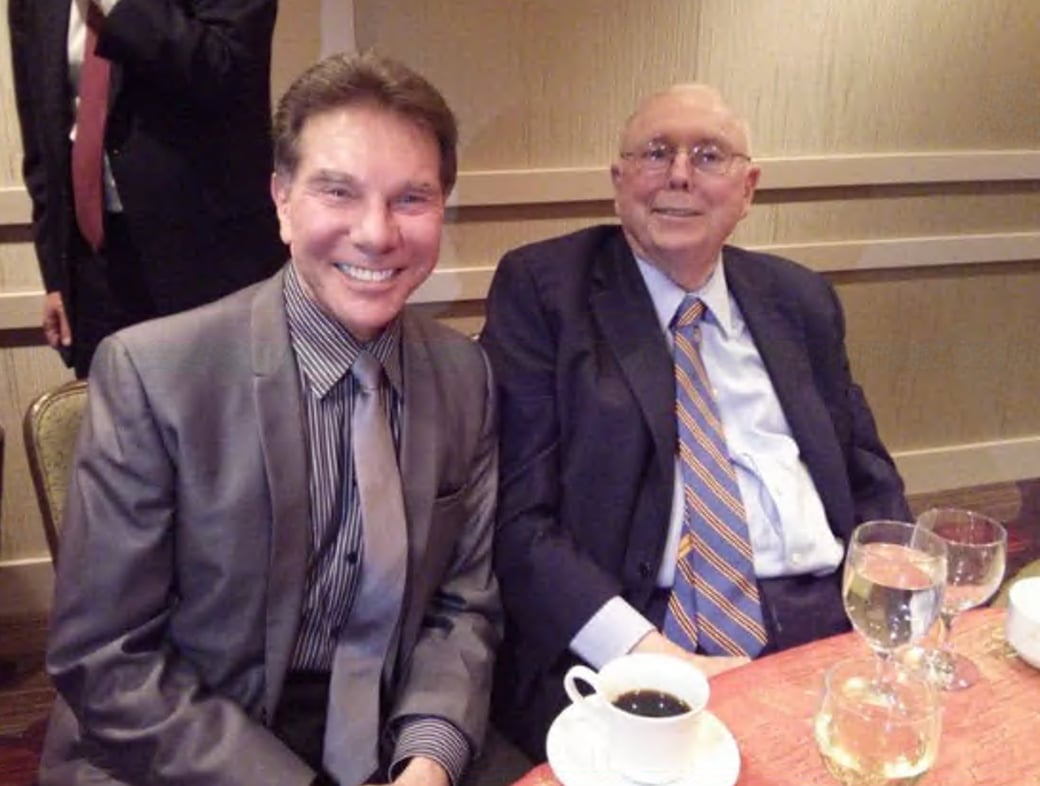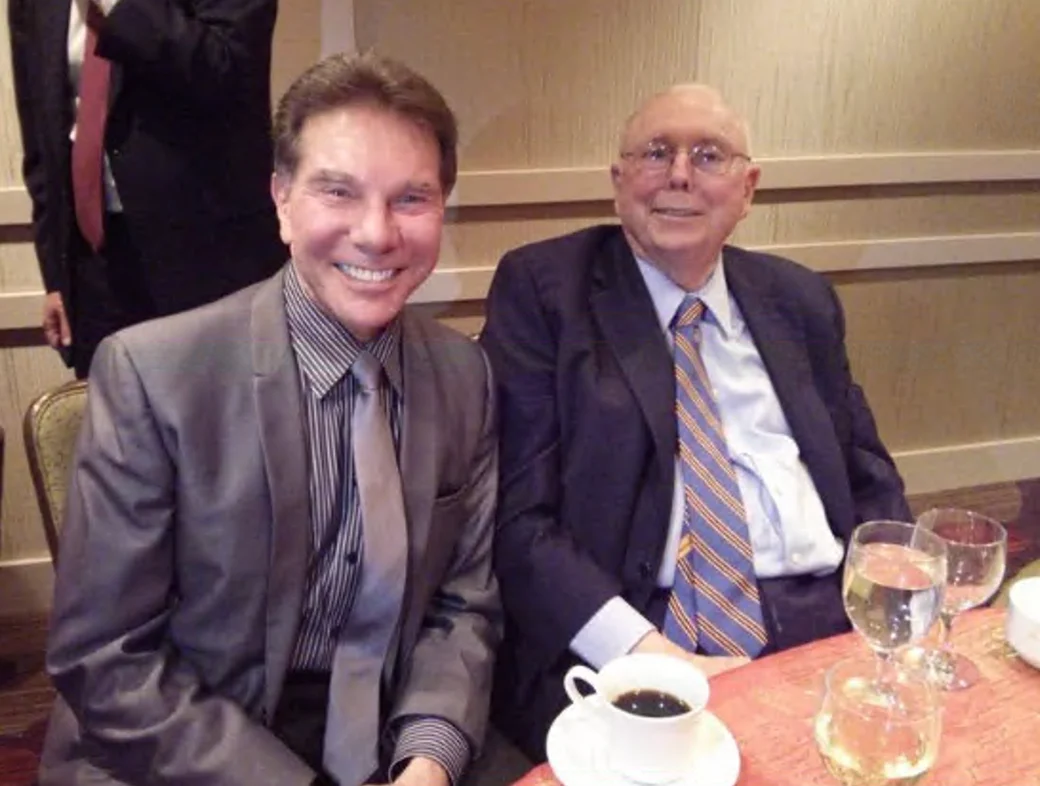|
With a bang, my chair rocketed back from the wall it had just hit. On my desk lay a legal-size envelope. In one hand, still slightly trembling from astonishment, I held an A share of Berkshire Hathaway. In the other, a note: |
|
|
The note was signed: Charlie Munger, Vice President. The share’s value: ~$75,000. |
 |
|
Indeed, it was the legendary Charlie Munger, who would continue to make a significant impression on me over the next 24 years, both with the business successes he achieved alongside Warren Buffett, and with the way he shared his wealth and the wealth of knowledge he had acquired. |
 |
|
Mr. Munger’s act of reciprocation—now worth ~$600,000—is a compelling example of the Principle of Reciprocity in action. |
|
|
This principle is based on the social rule that people should give back to those who have given to them: quid pro quo. |
|
|
|
|
That’s exactly what happened with Mr. Munger. He felt he owed me after having received my knowledge through my book ‘Influence.’ Motivated by this feeling, he returned the favor. |
 |
What you need to know about reciprocity |
|
The Principle of Reciprocity is highly versatile in business. Here are a few examples of gifts that can help initiate the reciprocity process:
When given sincerely, they increase the chances of a positive response to the request you make next. |
 |
|
However, among the various key aspects of successful reciprocity, I’d like to highlight this one here: timing is everything. |
|
|
Why? Because the first gift stimulates a return gift, whereas a return gift primarily serves to restore balance. (A common practice on websites is requiring visitors to provide their email address before offering valuable information, such as a PDF with expert tips. In this scenario, you can’t expect a return favor—because you were the one to ask for something first.) |
|
|
How Reciprocity Can Boost Negotiation Outcomes |
|
In our courses, we cover various types of gifts, but one deserves special attention here, as it’s particularly relevant in business: concessions. Negotiation research shows that when you retreat from your original request to a smaller one, the other side feels obligated to make a concession in return, bringing you closer to your goal. So, always be prepared with a fallback offer you can propose as a concession if your first offer is rejected. |
 |
|
Crucially important note: this concession strategy only works if you make your more moderate offer immediately after the other person rejects your first offer. If you don’t, your subsequent offer is likely to be seen as a new offer.* * Burger, J. M., et al. (1997). Effects of time on the norm of reciprocity. |
Now… The Ball’s in Your Court |
|
You’ve just picked up some powerful persuasion tips. You can let them sit as ‘nice to know’—or you can put them to work in your next negotiation: 👉 Discussing a sales price? It’s up to you, of course, but why not take a moment to check what negotiations—big or small—you have coming up? Prepare a thoughtful concession, and you’ll boost your odds of walking away with a win. |
|
|
Thank You for Joining Us on This Journey |
|
We’re confident you’ll be able to benefit from this Newsletter’s insights. Until next time, keep influencing ethically! |


